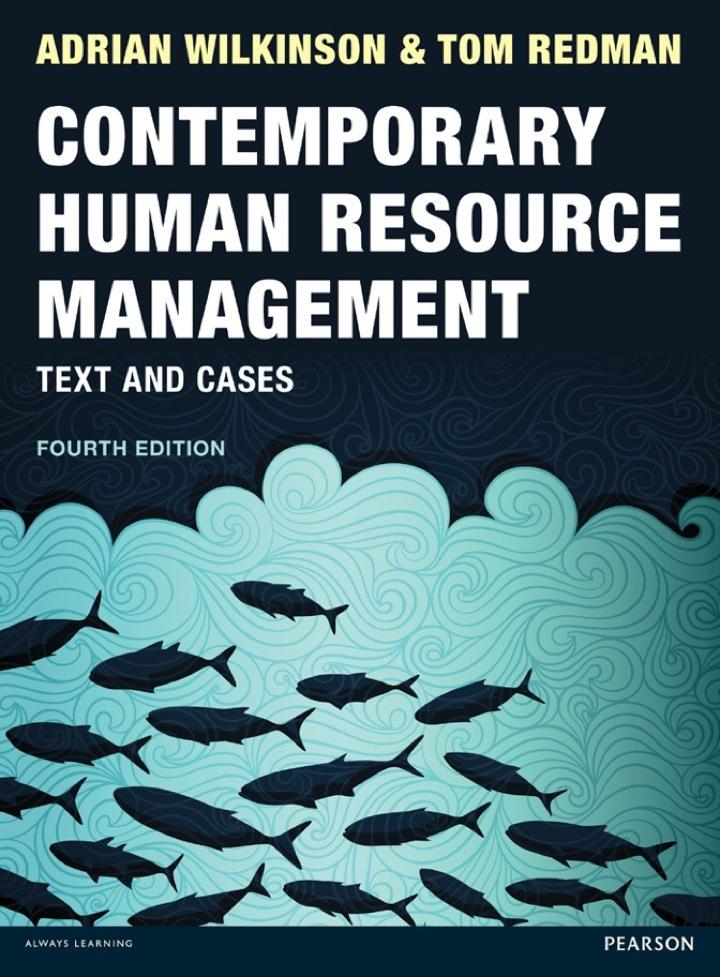One of the biggest challenges facing companies in developing economies is coping with the lack of skilled
Question:
One of the biggest challenges facing companies in developing economies is coping with the lack of skilled staff. In rapidly developing economies, such as India, companies need highly qualified talent now. While investment in education by governments can produce a workforce with the right skills for the future, companies facing skills shortages may look for other ways of accessing skills. One such way may be to entice those not currently in the labour force back into work. The Tata Group, one of India’s largest conglomerate companies
(their activities span IT, engineering, services, chemicals, energy and consumer products), has developed a scheme designed to persuade professional women to re-engage with employment, by offering an alternative, flexible, project-based approach to work.
In India, although women increasingly participate in higher education and well qualified female graduates enter the workforce, in the region of 40 per cent leave employment within a ten-year period, normally to take on full-time family responsibilities. The Tata Group scheme, the Second Career Internship Programmer, was launched on International Women’s Day in 2008. It is set up as a career transition management programme for women professionals who have taken between one and eight years out of employment. The scheme is designed to bring professional women back into work on a flexible basis. The scheme engages women to work on live business projects, but on a flextime basis. The projects typically involve in the region of 500 hours of work input over a six-month period for companies in the Tata Group. Some project work may also be amenable to be being done partly from home. Participants in the scheme go through an induction programme to help them back into work and update them in their fields and they are provided with mentors for the project. The scheme is not designed to provide full-time, permanent job opportunities, but rather is designed to provide opportunities for professional women to work in different ways, on a short-term, project basis. Participants may, however, subsequently explore full-time, permanent employment with the company. Two years after the launch of the scheme about 30 per cent of the women who have participated are now working for the group on a full- or part-time basis.
Question
1 H ow well do you think a scheme like this actually helps in solving problems of skills shortage for large companies like Tata? Would it work for all companies?
2 What are likely to be the important factors influencing the successful implementation of a scheme like this?
3 Are there groups other than women who might be attracted by a scheme like this?
Step by Step Answer:

Contemporary Human Resource Management Text And Cases
ISBN: 9780273757825
4th Edition
Authors: Tom Redman, Adrian Wilkinson





